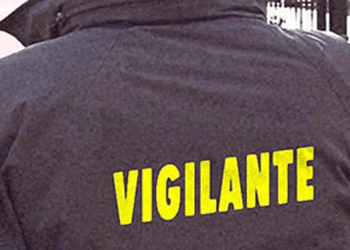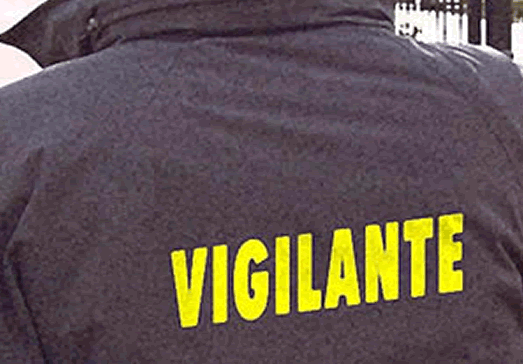The 2022 Auditor-General’s report has revealed that Payment of GH¢7,192,235 received from individual cocoa farmers for supply of Cocoa Hi Tech (fertilizers) could not be traced to the co-operative they belong.
According to the report, some farmers who are members of the co-operatives pay directly for the fertilizers distributed to them into the designated bank account with their individual personal names instead of using the name of the LBC or co-operative, thus making it very difficult to trace and update the indebtedness of the co-operatives or the LBCs with payments received.
“This practice made it difficult to determine the indebtedness of each co-operative or LBC to COCOBOD. The practice could also create an opportunity for co-operatives or LBC and their members to default on the payment of the fertilizers without notice as COCOBOD was unable to determine their outstanding balances.”
Under the Hi-Tech/CODAPEC program, payment is expected to be made into a designated bank account by the Licensed Buying Companies (LBCs) and Farmer Co-operatives. Thus, the payment should be made by the co-operatives or LBCs and not the individual members.
However, under the programme, fertilizers procured by Ghana Cocoa Board (COCOBOD) were distributed to the farmers through the LBCs and the farmer co-operatives.
Management’s Response to The Findings of the Report
Meanwhile, management responding to the findings of the report said a total amount of GH¢7,192,235 were paid into COCOBOD’s bank account by various cocoa farmers without indicating the co-operative groups they belong to. Majority of the payments relates to the period 2018 to 2021 making it difficult to trace the farmers and their co-operatives.
The management added that the staff of COCOBOD on the field were tasked to liaise with Community Extension Agents (CEAs) to identify the co-operatives the farmers belong to in order to allocate the amount to the appropriate co-operative account. The exercise led to the identification of the co-operatives of some farmers, and an amount of GH¢2,118,600 of the unallocated receipts have now been allocated thereby reducing the unallocated balance to GH¢5,073,635.
In the midst of the missing cash, cocoa farmers expressed worry about the scarcity and high cost of fertiliser in maintaining their cocoa crops, which is expected to influence crop season productivity. “Granular fertiliser is scarce on the market, and that is what I always use on my cocoa; this [lack of it] is affecting the growth of the [cocoa] crop; I appeal to the government to make it available,” a farmer, Mr Opoku Agyeman, said.
The Chief Executive of COCOBOD, Joseph Boahen Aidoo, warned that cocoa production could suffer a setback as Ghana records a shortage in fertiliser supply which he attributed to the Russia war against Ukraine.
Russia and Ukraine are the main suppliers of fertiliser to the Ghanaian market, hence the current war between these countries has halted supply. Mr. Aidoo therefore urged cocoa farmers to prepare for switching from the use of imported fertiliser to poultry manure.
However, the government said it will help cocoa growers by making necessary inputs such as fertiliser available and accessible to farmers in order to raise output.
Ghana is the world’s second-largest cocoa producer after Ivory Coast. The two countries account for more than 60 per cent of the worldwide cocoa supply; nonetheless, Ghana requires an annual loan from foreign banks to pay its cocoa farmers for the beans produced.
READ ALSO: MTN Holds SME Fair in Accra as Part of 2023 SME Month Celebrations



















